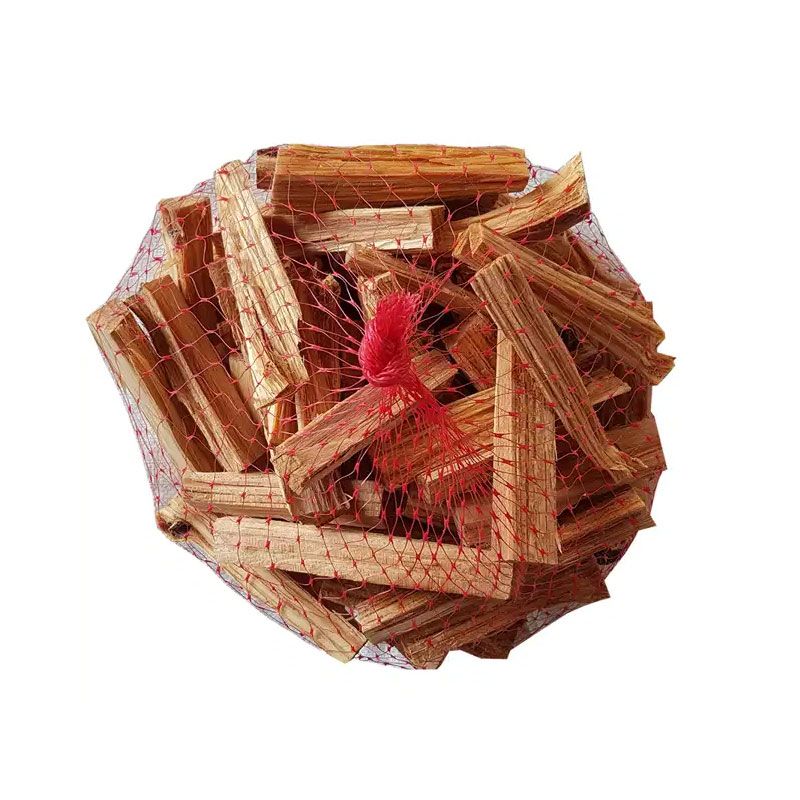The Ultimate Guide to Firewood: Choosing, Storing, and Burning
The Ultimate Guide to Firewood: Choosing, Storing, and Burning
As the chilly seasons is here, there’s nothing quite like the warmth and charm of a wood-burning fire. Whether you’re fuelling a cozy fireplace, wood stove, or outdoor firepit, firewood is an essential part of the experience. To make the most of your firewood, you’ll need to know how to choose, store, and burn it efficiently and safely.
 Choosing the Right Firewood
Choosing the Right Firewood
Not all firewood is created equal. The type of wood you choose affects the heat output, burn time, and overall experience.
- Hardwood vs. Softwood
- Hardwoods (oak, maple, birch) burn longer and produce more heat, making them ideal for heating purposes.
- Softwoods (pine, spruce, fir) ignite quickly and burn faster, perfect for kindling or a quick fire.
- Seasoned vs. Green Wood
- Seasoned wood has been dried for at least 6-12 months, ensuring lower moisture content and cleaner burning.
- Green wood is freshly cut and contains high moisture, which results in poor burning and excessive smoke.
Firewood Preparation
Splitting Firewood
- Splitting logs into smaller pieces increases surface area, helping them dry faster.
- Use tools like an axe, maul, or hydraulic splitter.
- Split along the grain for efficiency.
Seasoning Firewood
- Cut wood to a uniform length (typically 16-18 inches for standard fireplaces or stoves).
- Stack logs loosely in a sunny, breezy area for 6-12 months.
- Cover only the top of the stack with a tarp to allow airflow on the sides.
 Burning Firewood Safely and Efficiently
Burning Firewood Safely and Efficiently
- Kindling: Start fires with dry twigs, newspaper, or fire starters. Avoid using flammable liquids like gasoline.
- Layering: Use the top-down method: place large logs on the bottom, followed by medium logs and kindling on top. This creates less smoke and better airflow.
- Chimney Maintenance: Clean chimneys regularly to remove creosote, which is a major fire hazard.
- Burn Wisely: Only burn untreated, natural wood. Avoid painted, varnished, or pressure-treated wood, which releases harmful chemicals.
 How to Store Firewood Properly
How to Store Firewood Properly
Proper storage is key to keeping your firewood dry and ready to use.
- Choose a dry location: Keep your firewood off the ground and covered with a tarp or firewood rack to protect it from rain and snow.
- Stack for airflow: Stack logs neatly in a crisscross pattern to allow air circulation, which speeds up the drying process.
- Keep it accessible: Store wood close enough for convenience but at least 20 feet from your home to prevent pests.
Keter Hollywood 270L Brown Garden Plastic Storage Box
 Firewood Alternatives
Firewood Alternatives
If traditional firewood isn’t available or practical, consider alternatives:
- Wood pellets: Compressed sawdust for pellet stoves, offering high efficiency.
- Eco-logs: Made from recycled wood or paper, eco-friendly and low in emissions.
- Bio-bricks: Compressed biomass, easy to store and burn cleanly
Sam 2kg Natural Firelighter - Kindling
Firewood is more than just fuel—it’s a connection to nature, a sustainable heating source, and a tradition. With proper preparation, storage, and burning practices, you can enjoy its benefits all season long. Whether you're heating your home or enhancing outdoor gatherings, mastering firewood makes all the difference.


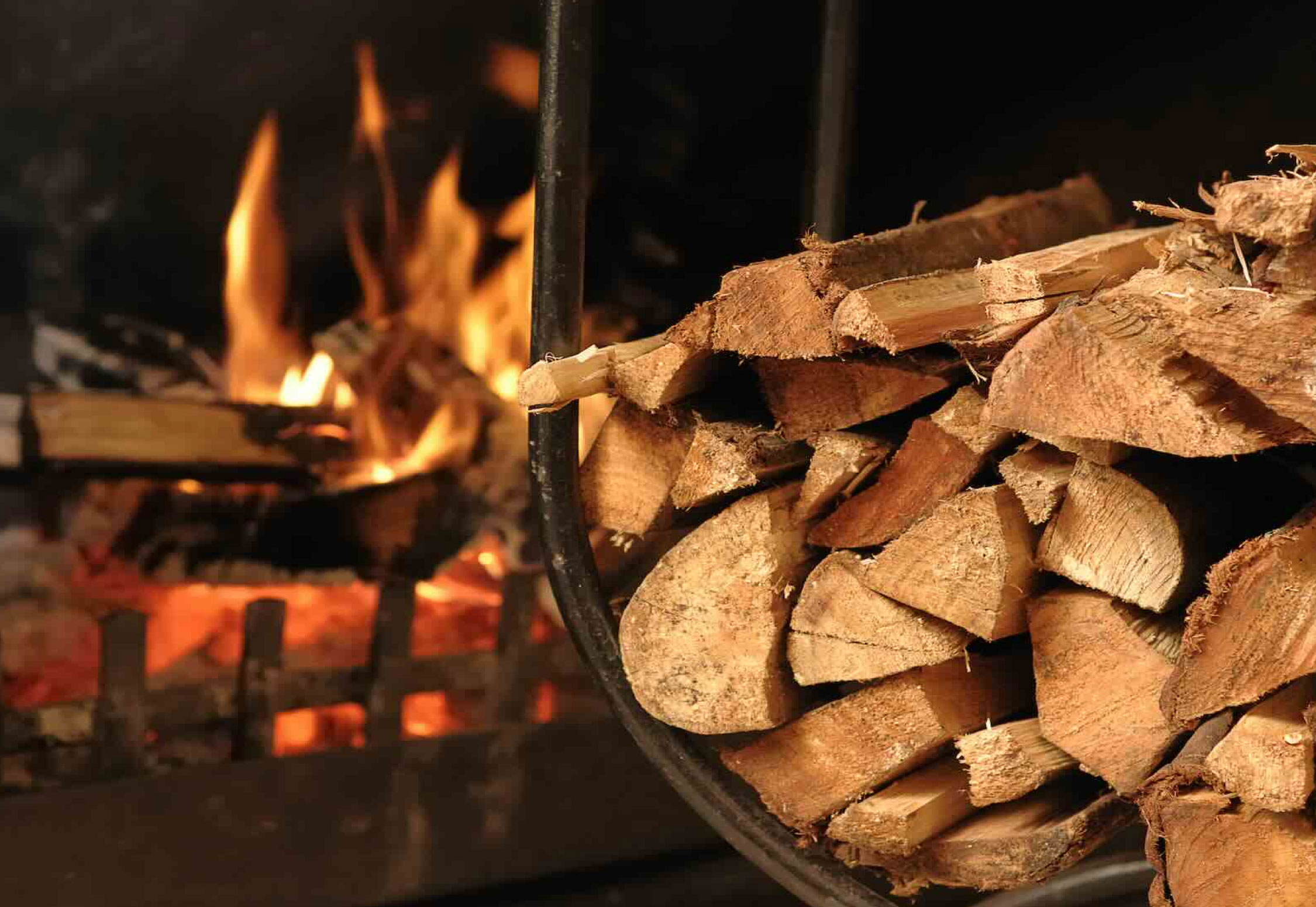
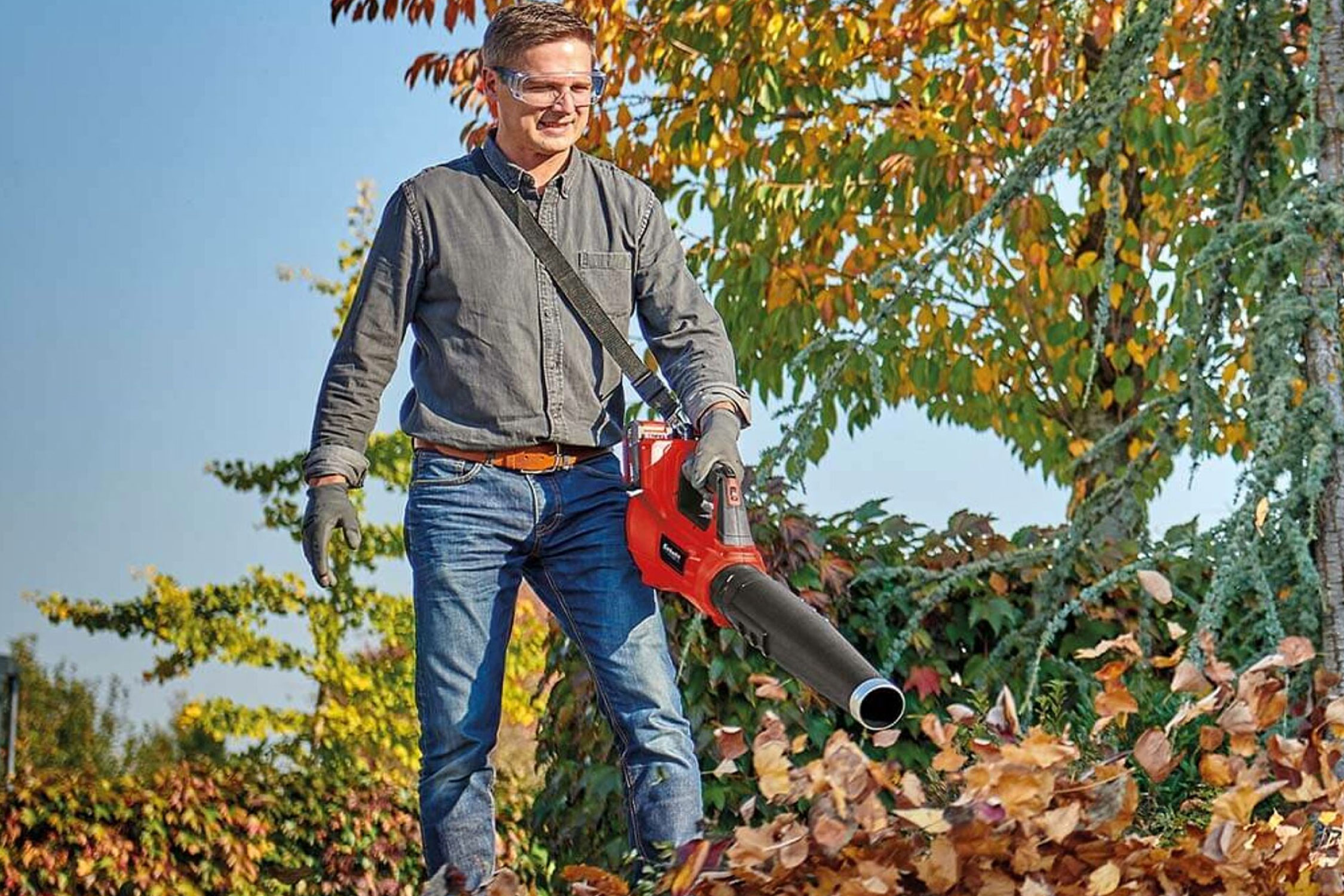







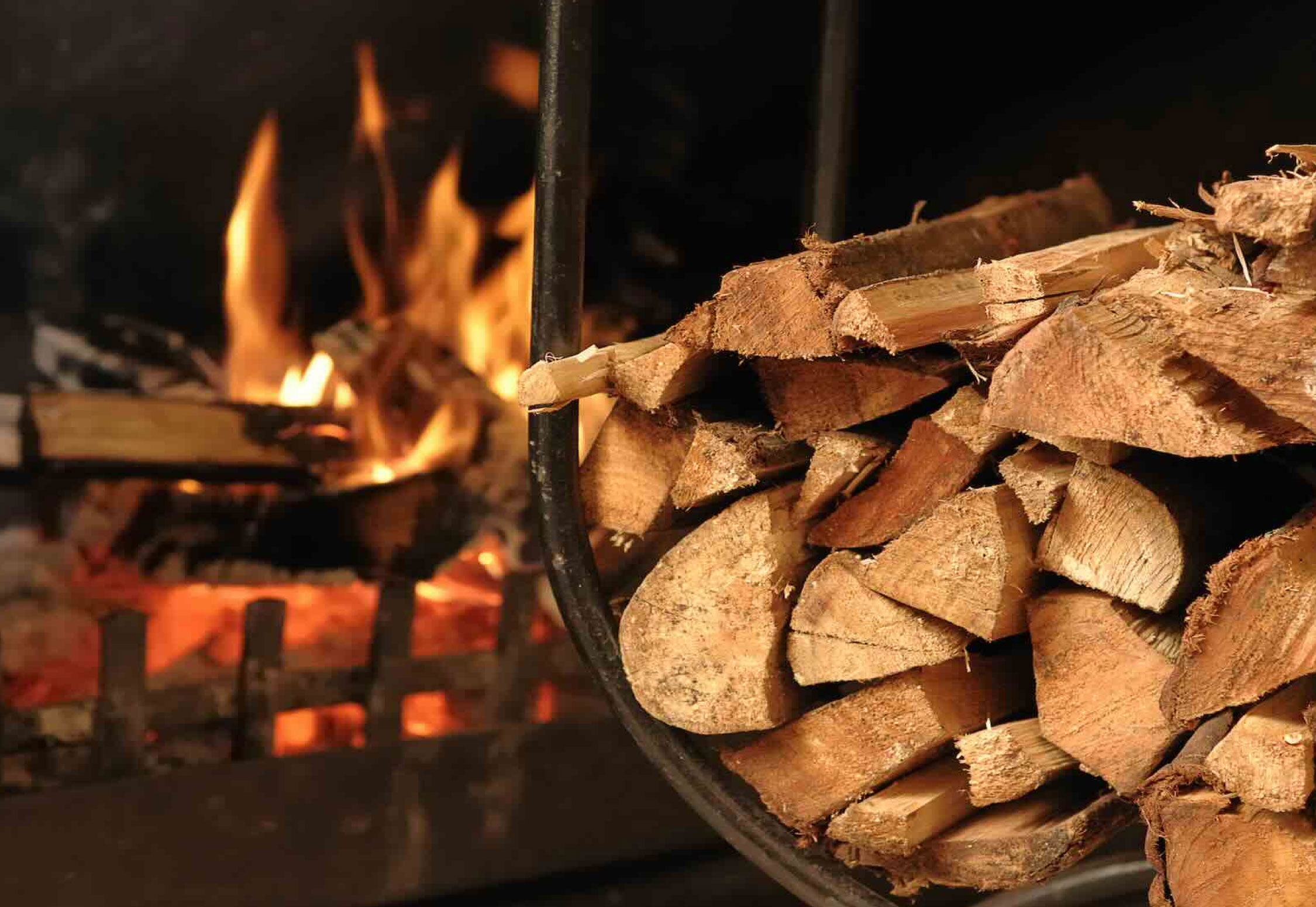
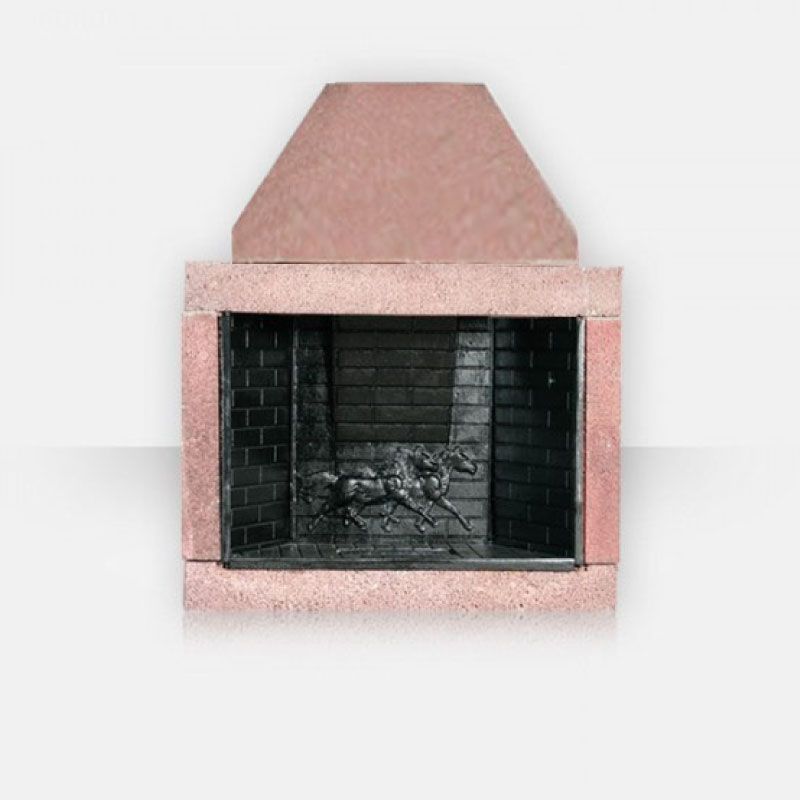
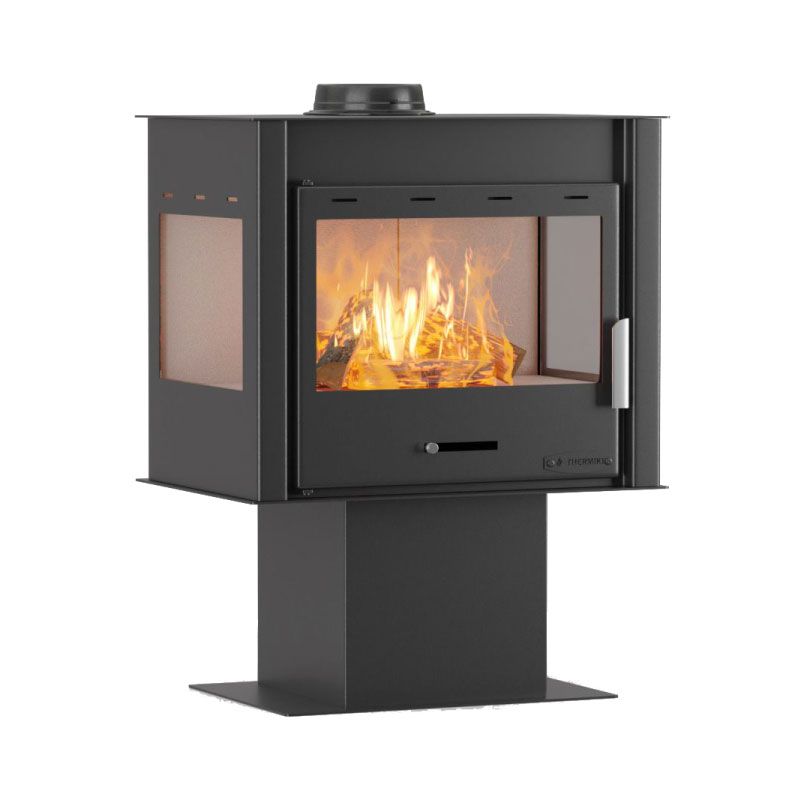
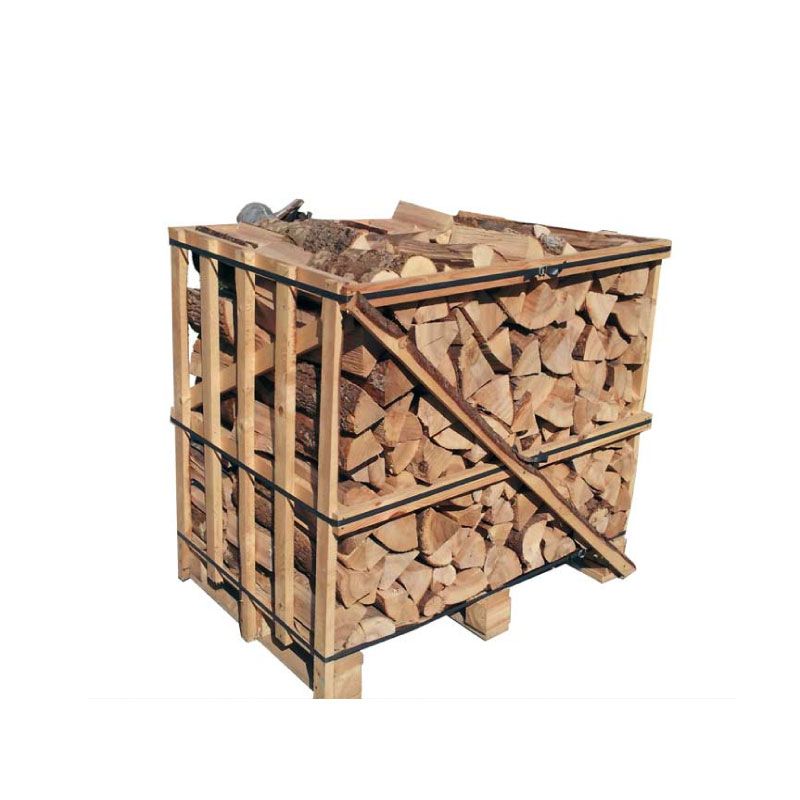
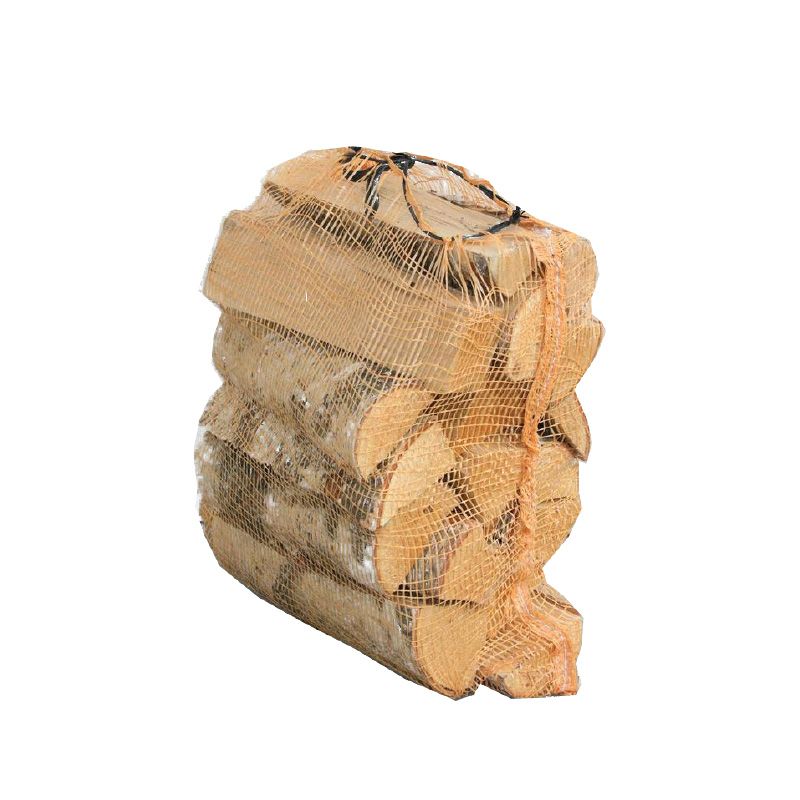
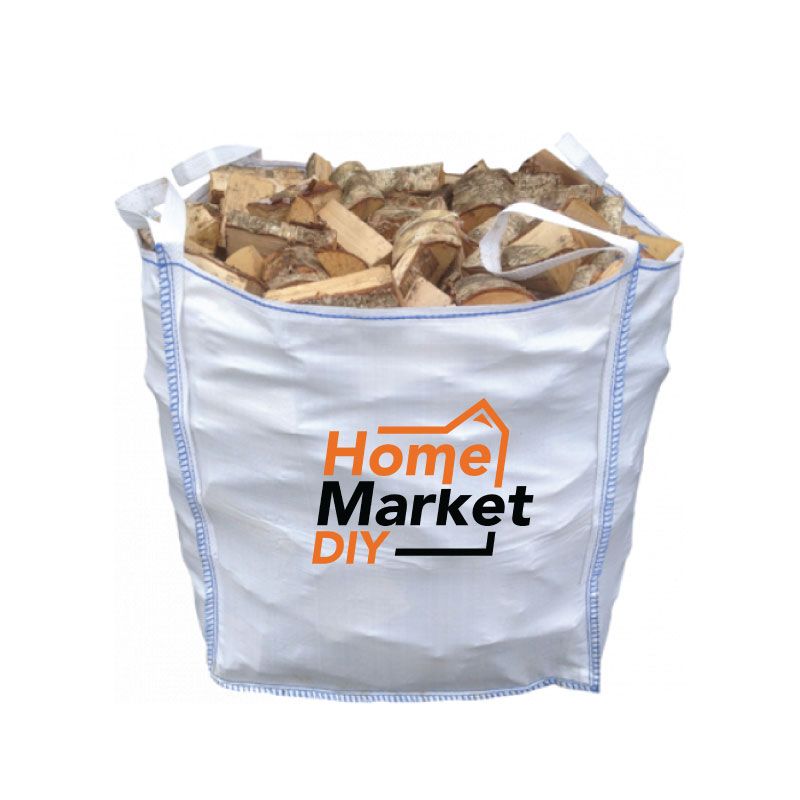
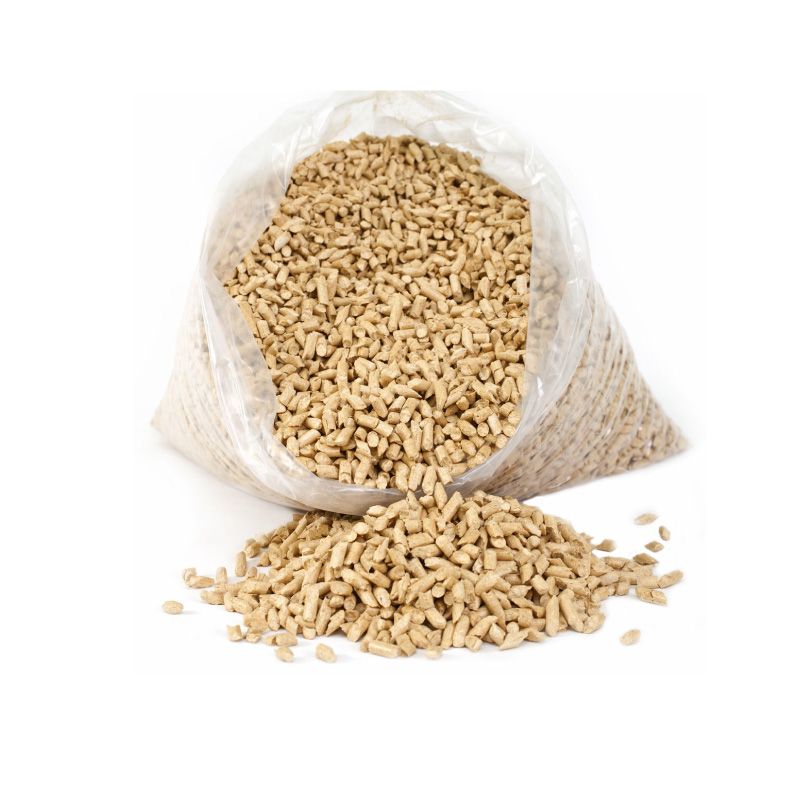 Burning Firewood Safely and Efficiently
Burning Firewood Safely and Efficiently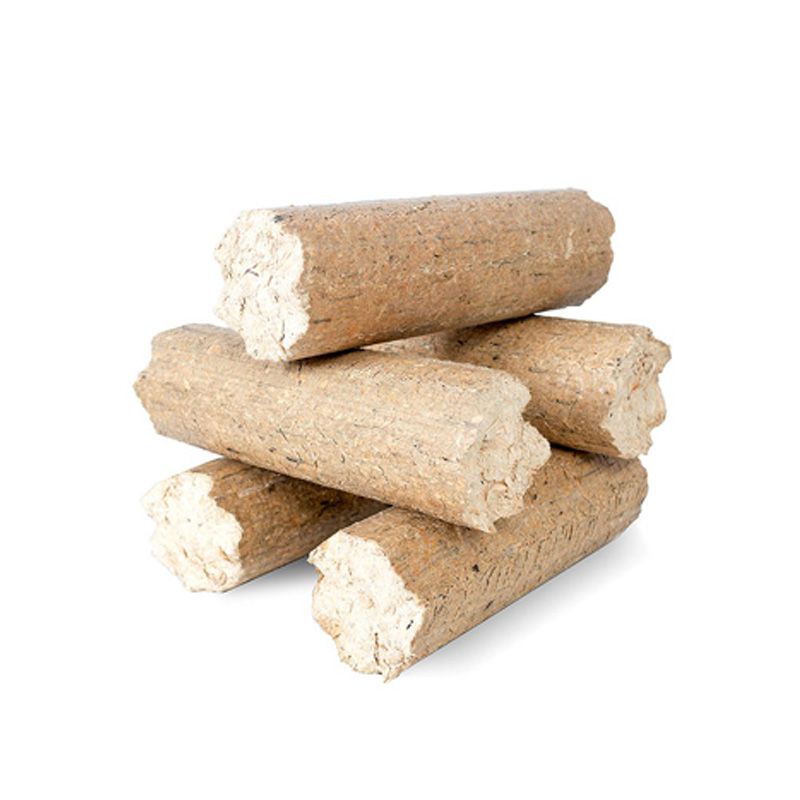
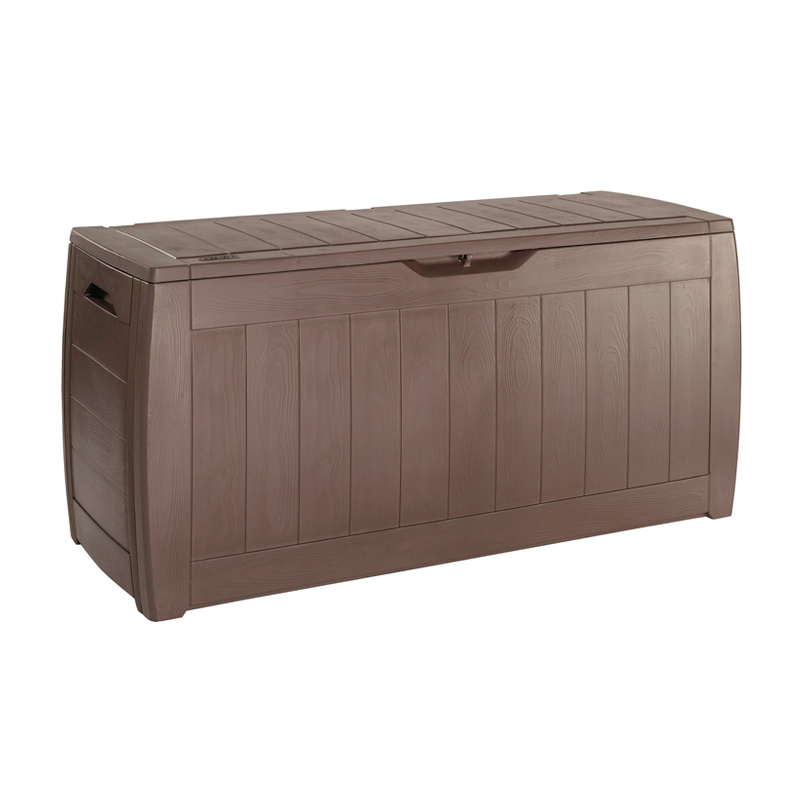 Firewood Alternatives
Firewood Alternatives